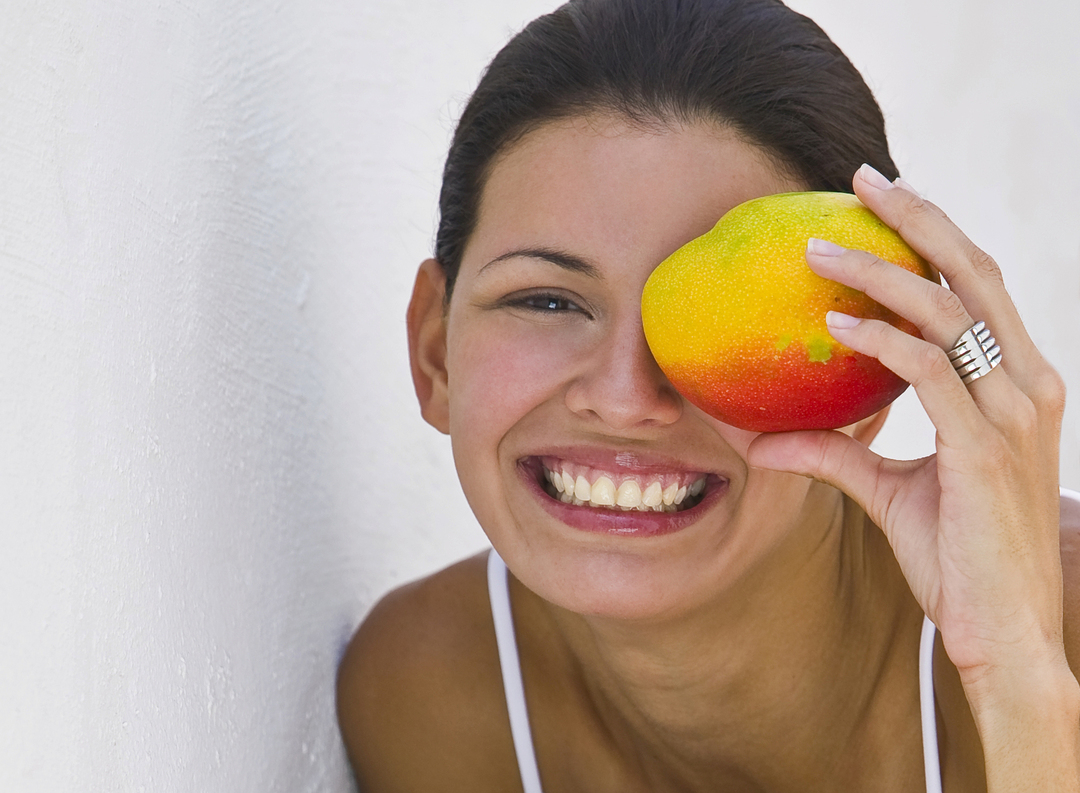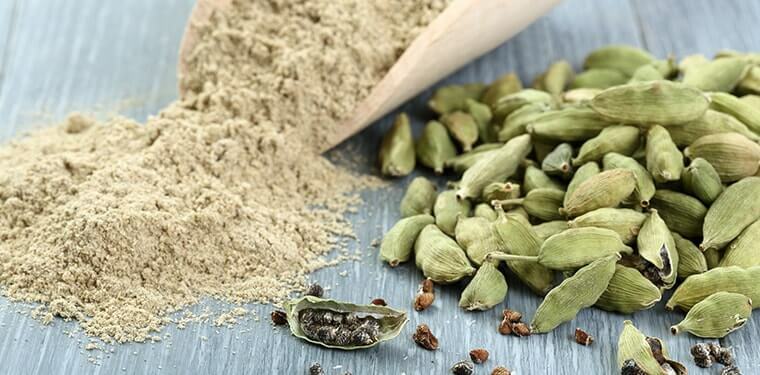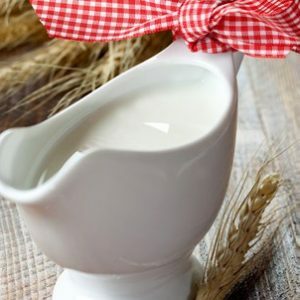Hibiscus: benefit and harm
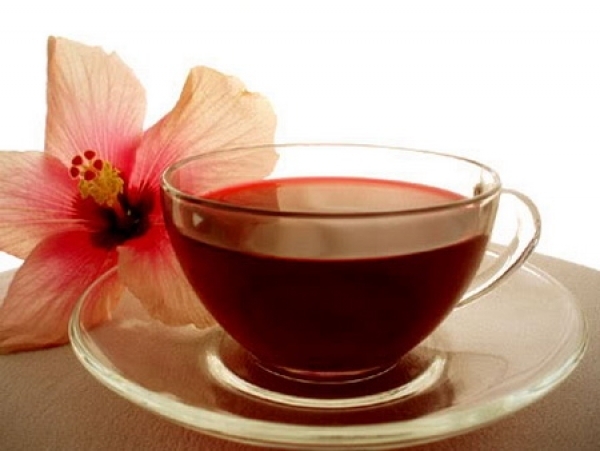
Chinese rose - Hibiscus, we often grow in pots on the windowsill, enjoying its beauty.In the East, this plant has a completely different attitude - local scientists have long figured out all the useful properties of Hibiscus and widely use it in medicine.The same attitude was to this flower of amazing beauty and in ancient Egypt.Have this knowledge been lost and how valuable are the valuable properties of this plant in the vastness of our country?
chemical composition Hibiscus
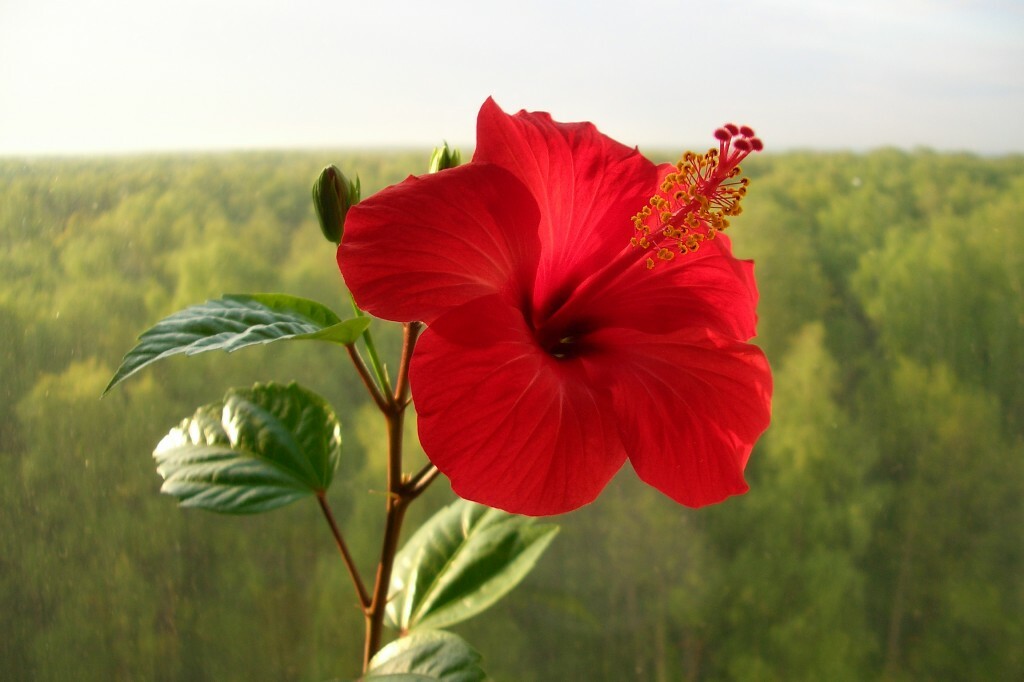 Nutritional value of 100 g:
Nutritional value of 100 g:
- Proteins: 0.43 g
- Fats: 0.65 g
- Carbohydrates: 7.41 g
Show the full list »
Macronutrients:
- Potassium: 9 mg
- Calcium 1 mg
- Magnesium: 1 mg
- Sodium 3 mg
- Phosphorus: 3 mg
Microelements:
- Iron 8.64 mg
- Copper: 0.073 mg
- Zinc: 0.12 mg
In our latitudesx hibiscus decorate the interior.And as a food product, he is better known as "karkade."It is this tea from the rose petals that many people like, but not everyone understands the usefulness of Hibiscus.
Use of Hibiscus
Enjoying tasty, correctly brewed tea from the hibiscus petals, you can easily get rid of many ailments.
Helps Hibiscus as follows:
- Strengthens the outflow of bile, creates a mild diuretic effect;
- has anticonvulsant and bactericidal action;
- stops blood;
- has an antioxidant effect, relieving the body of even heavy metals
- normalizes the contractile function of the heart;
- removes toxins, toxins, excess fats from the body, in particular, cholesterol deposits - due to this, the blood composition and work of the liver, biliary organs improve;
- helps to remove inflammation and completely get rid of boils if you make lotions from the petals;
- has a helminthic effect;
- stabilizes the pressure, and increases it in hypotensive patients, and reduces it in hypertensive patients;
- reduces pain syndrome, acting as an antispasmodic;
- promotes general strengthening of immunity.
Important! Despite all the useful properties, Hibiscus is not recommended to include children under the age of 1 year in the diet, since a growing, cognitive whole new organism can react differently to a new product.
Harm to Hibiscus
Tea from Chinese rose flowers does not contain oxalic acid, so there are no contraindications for using Hibiscus for people with urolithiasis or gout.Restrictions are imposed only in the event that a person has an increased gastric acidity, gastritis or develops ulcers.
Important! It is also not recommended to use herbal infusion from Hibiscus flowers to pregnant women, as it helps to increase the tone of the uterus, which can lead to complications or premature delivery.
Useful advices
Hibiscus tea must be brewed correctly!
-
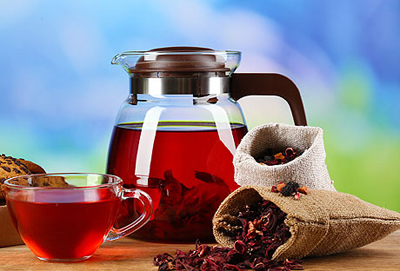 For brewing, select whole dried leaves, not powdered.
For brewing, select whole dried leaves, not powdered. - Maintain a proportion of 1.5 tsp.On 1 tbsp.water.
- Choose dishes for cooking from porcelain, faience or glass, but by no means metal.
- Time of boiling the drink - 3 minutes, if you insist Hibiscus, pouring boiling water, then it will take 5 to 10 minutes.
You can use ready-made herbal infusion in cold or hot form, adding sugar or honey to taste.
Now you know that Hibiscus can not only be used as an ornament of your house, but also to evaluate its useful and taste qualities by eating the petals of its flowers.Do it right, and then you will not have any complications with your health!

